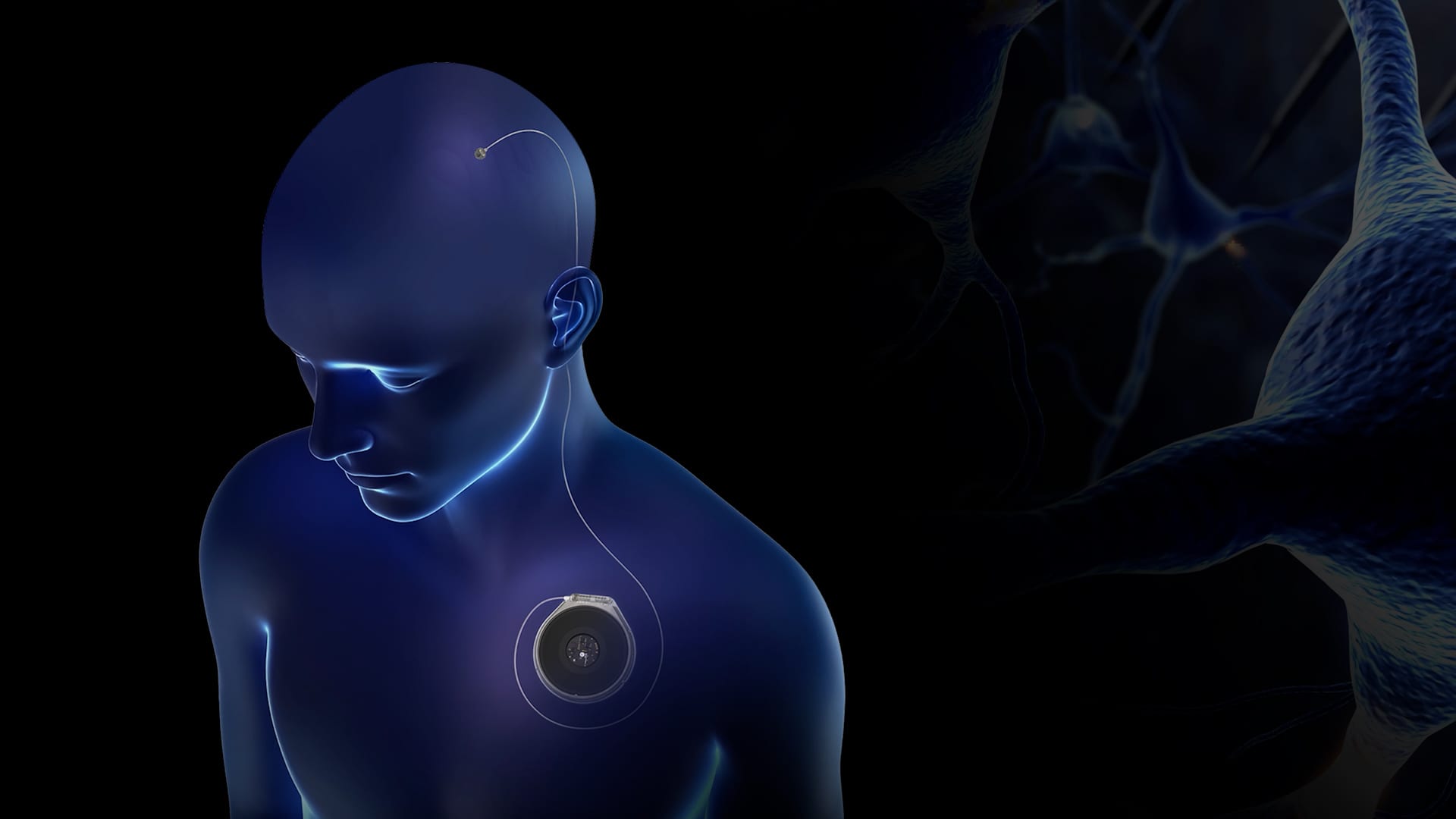
Neurotech startup Paradromics will be putting its brain implant on trial next year, as the race to be the leader in the nascent brain-computer interface space heats up.
“The brain is a super fascinating organ. We have about 85 billion neurons and every neuron is a million times slower than a computer chip. And yet, the brain does incredible things,” said Matt Angle, CEO and founder of Paradromics, in an interview with “CNBC Tech: The Edge.”
“What that means is that if you want to get data in and out of the brain, you have to be able to talk to a ton of different neurons simultaneously. And that’s where the emphasis on building these high-speed, high-data-rate devices came from,” he added.
The trial would follow competitor Neuralink‘s move to implant a chip into a patient’s brain in March. The company, which was cofounded by Elon Musk, later disclosed that part of its brain implant malfunctioned in the weeks following the procedure.
Paradromics, which was founded in 2015, has secured $87 million in venture investment and $18 million in public funding to date. The Austin, Texas-based startup anticipates the devices will retail for about $100,000 each.
“Paradromics’ mission is to transform otherwise untreatable health conditions in brain health into solvable technology problems. We’re fundamentally building a medical device to serve unmet needs,” Angle said.
While Angle anticipates the device will be able to treat a wide range of conditions, Paradromics will be focusing on patients who have lost their ability to communicate first, whether that be due to paralysis, diseases such as amyotrophic lateral sclerosis, also known as ALS, or spinal injury.
“The reason we’ve chosen to focus on motor and speech is because these are well trodden in our research community and the science exists,” said Vikash Gilja, the chief scientific officer at Paradromics.
“Paradromics can take the science and apply the right engineering to get us from research to medical device,” he added.
Gilja told CNBC that the device would be powered wirelessly and would not require charging.
“The one thing you would have to do as a user is go through a brief calibration routine to learn that mapping from electrical signals to intention. But once that mapping is learned, the system can be used,” Gilja said.
Angle is hopeful that Paradromics will have commercial approval to sell the product as soon as, but no earlier than, 2029.
“We see that the first million people to get brain-computer interfaces are going to be getting them to treat severe medical conditions,” Angle said.
“I think there could be a different conversation 20 years from now, and some of those devices could also have consumer applications. But in the meantime, we’re really focused on building safe, reliable, robust devices for people with physical and mental conditions.”

This article was originally published on CNBC

